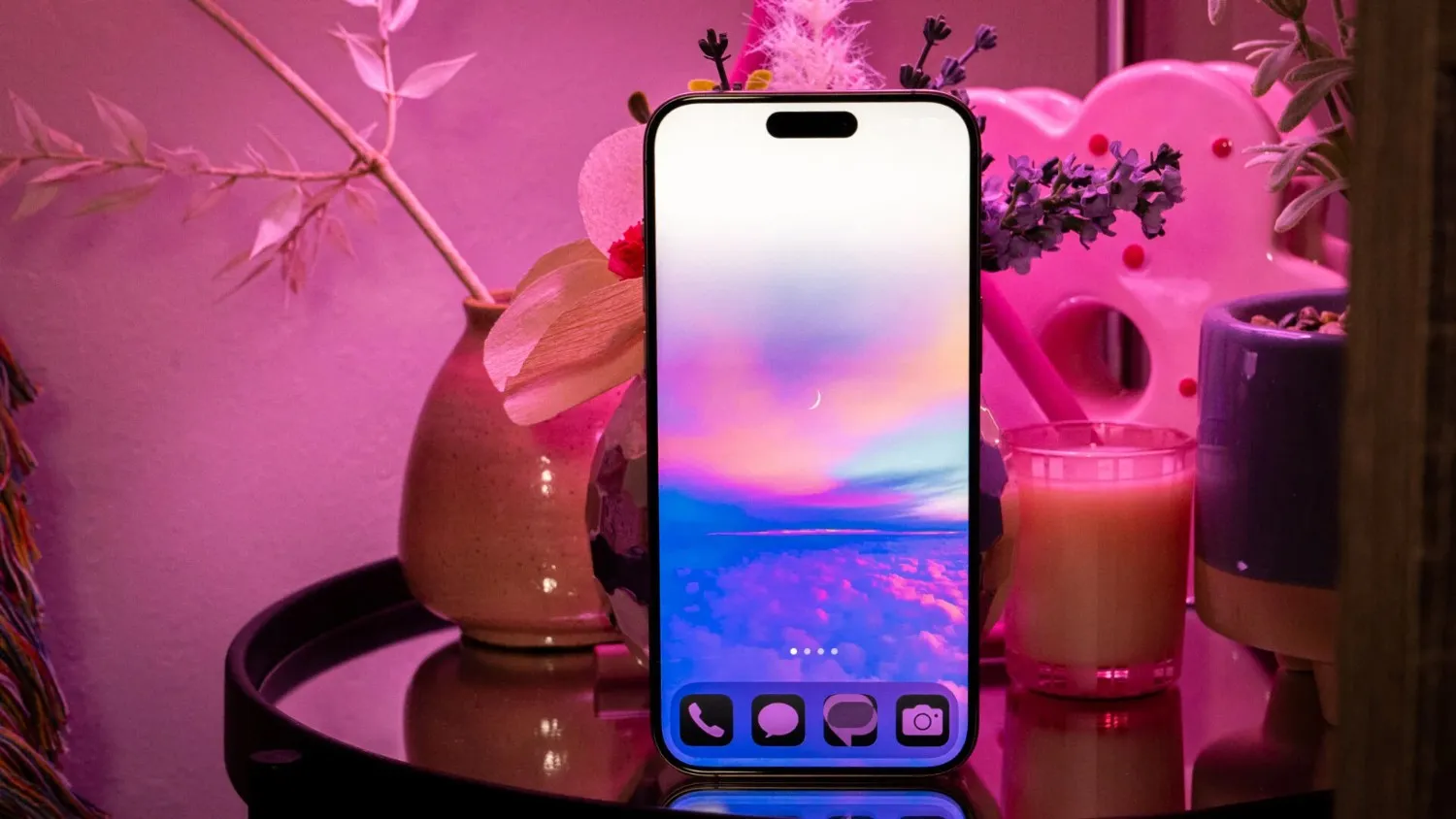Apple announced how people can have their iPads repaired. Anyone with an iPad who needs to fix it will find some good news and some bad news.
Good News:
Apple is helping users and repair shops fix iPads by making real Apple parts and tools available to them. If your iPad breaks, you can take it to more places to fix it, not just Apple stores. It allows people to save money and use their devices more quickly.
Bad News:
Even if Apple allows more repairs, there are still major issues to be resolved. Since the iPad has special screens and features, it might be tricky to repair it at all service centers. A few repairs are best carried out by stores that Apple has approved, because they have the specific tools and software this work requires. Repairing the iPad yourself or getting it fixed at a store that isn’t connected to Apple may make you lose certain functions or cause messages to appear on your device.
The Role of Underwriting In Your World:
Having an iPad means you can get more repairs now, although some things may not be straightforward. A number of parts and repairs are not accessible, so you may still need to visit Apple for specific issues. Always confirm the problem with the manufacturer before getting your iPad repaired.
In Short:
Despite giving users more choices, Apple is not allowing repairs for everything. It is progress, but it doesn’t solve all the problems we have.



